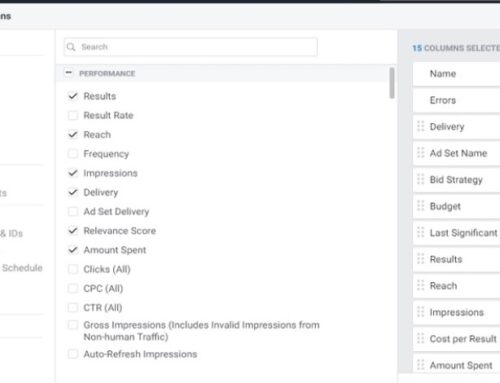This is similar to the previous notes that I created, it is an accumulation of my own notes regarding advertising; part 2. In no particular order.
• • •
Advertising is persuasion, not force. Good things don’t have to be forced on the customer.
–
Search advertising is dealing with customers that are aware. We are not in the interruptive marketing section, but rather permission marketing.
–
We need to give information, we need to portray reliability, we need to convey convenience. We need to give a ‘reason-why’ to buy. It should go something like “Yes we know what you want, this is the right thing for you, here, take this simple action if you are interested.”
–
Good products don’t have to be hard sold. It is persuasion that wins, not force.
–
Hard selling implies resistance, customers can sense it and react accordingly, by setting up the resistance on their end.
–
Having a valuable product or service is not enough. It should tie itself up to one of the many basic human desires. And that desire is often selfish.
–
A customer doesn’t buy because they love you. But because of what you can do for them.
–
There is no effort in selling. Be absolutely convinced of this fact.
–
Customers are already pushed in permission marketing, position your business to accept their business.
–
Your customers can’t love something you don’t.
–
Advertising is a science because it can be backed by data. Advertising without data is just plain gambling.
–
Customers don’t have to be coaxed, if you know whatever they are thinking and feeling inside, any ad can be successful.
–
The most common cause of failure must be irrelevant ads, customers want something but get something else. The next; failure to connect with our customers. We fail to step on the same footing as them, often because we are more concerned with ourselves than with them.
–
If only can we lose ourselves and our own needs, instead be greatly attuned to our customer’s needs, we would enjoy greater benefits for ourselves (and our customers).
–
The first rule of advertising is to persevere. So a man who advertises at all must keep it up until the public knows who and what he is, and what his business is, or else the money invested in advertising is lost. Advertising is like learning, too little is a dangerous thing! He must keep it up until the public fully hears of him, hence getting past a threshold to finally reach, “market saturation”.
–
There’s a place to go a little crazy and and test slightly bizarre concepts, because the inventory allows – that is in mass media.
–
The advertiser must be convinced that his clients indeed have the best product the market can find. Or he must believe that his clients is reaching that spot soon. Any short of this, his ads will lack the spirit and vitality to move the customer. He will not choose the best words to use.
–
The ad man must be bodacious with small or large ads when the opportunity presents itself. It is better to be risky than too safe.
–
Advertising copywriting is a skill that can be perfected with thousands of hours of solitude practice. Writing is the key to better writing.
–
A creative person cannot produce a boring ad as much as a boring person produce a creative copy. It is just not their nature to do so.
–
Triggering emotions with your ads is a prerequisite to writing impactful ads.
–
Selection of words is of the utmost importance when writing small ads. There is limited space, every word must justify itself or be edited out.
–
Test your headlines before anything else.
–
All your effort in any business should be directed to taking the risks out of it. The same concept holds true for advertising men. Always working toward certainty and reducing the risks involved.
–
The majority of the population is unsophisticated. This is why “clever” and “unusual” ads seldom pay. The reader doesn’t understand. So he does not buy.
–
Smart or cutely written ads don’t work. It is the ads that arouse desire in the customers that pay. It is the ads that speak simply and directly to the customer that pays, month after month.
–
The best ads draw no attention to themselves. It is always about the client’s product or service.
–
The first killer of an ad is mundaneness. A mundane ad cannot pull. It has no spirit, it arouses no desire or curiosity. It is like stale water, nobody swims in it and it catches mold. The second killer is smartness. Smartness in ad writing may get the customer to nod in approval, but with no intent to purchase. Both have failed to perform their purpose.
–
“Advertising is to business what steam is to machinery – the great propelling power.” – Thomas Macauley.
–
The purpose of advertising is to help the user’s imagination find and recognize, in the product advertised, the very qualities claimed and proved in the ad. These qualities he might never have discovered for himself. If you have a good product, with good qualities that you want to let the world know of. Advertising is your unicorn to success.
–
Large and cumulative gains must come to the advertiser on the second, third, and continued purchases by readers of his ads. The power of advertising brings customers who may have not heard of your fabulous product beforehand and turn them into your regular customers.





